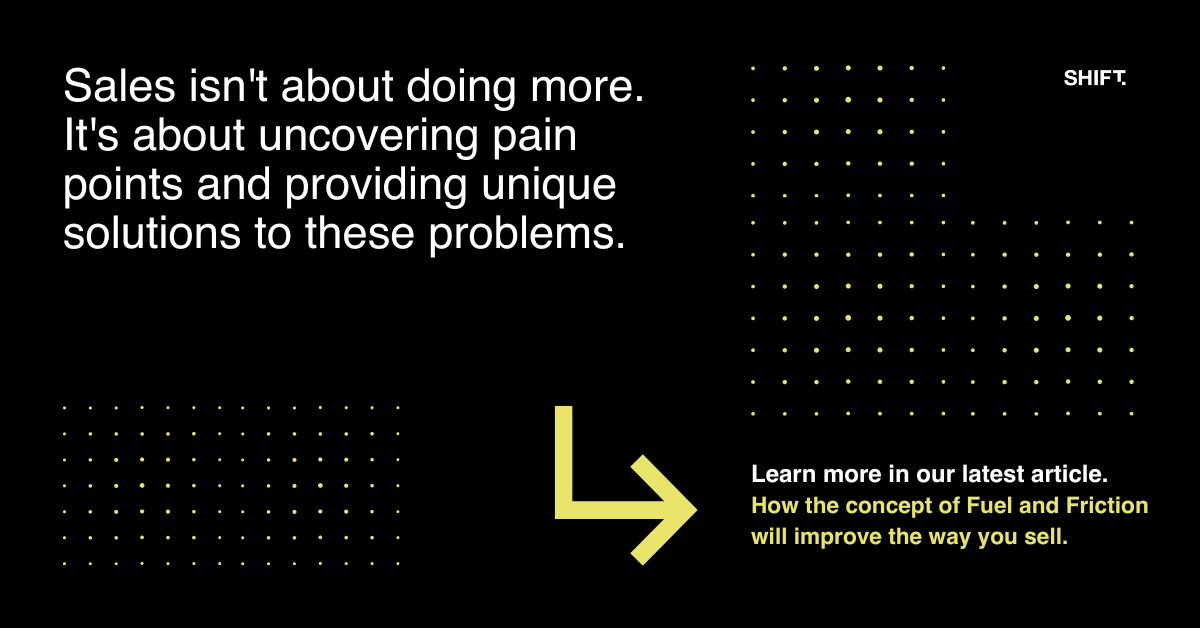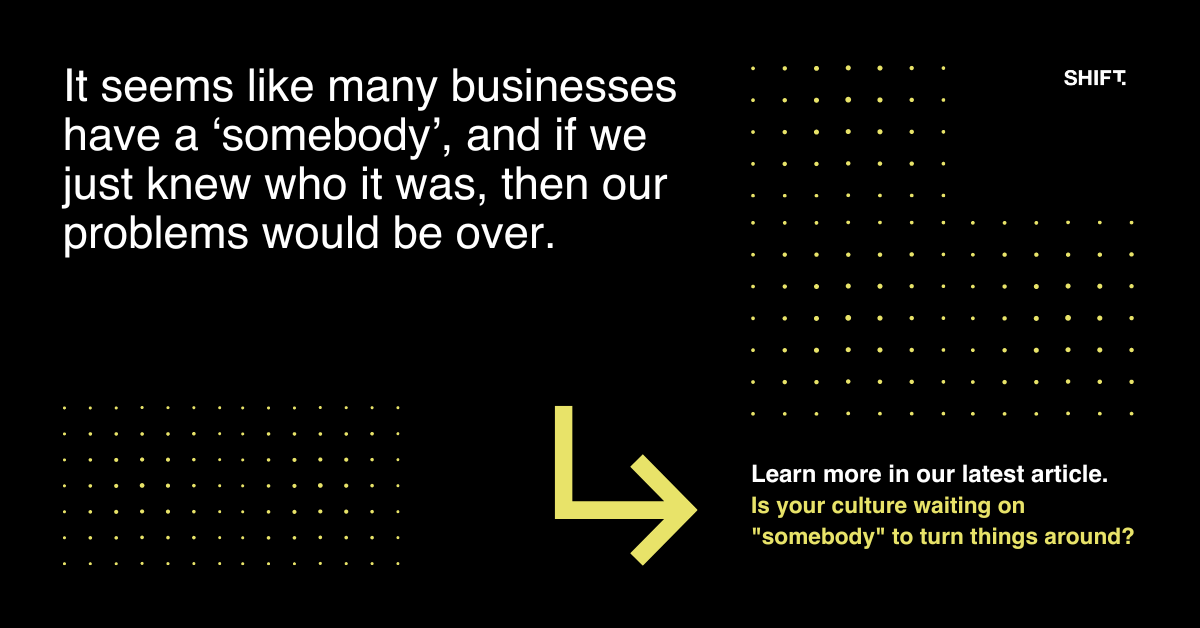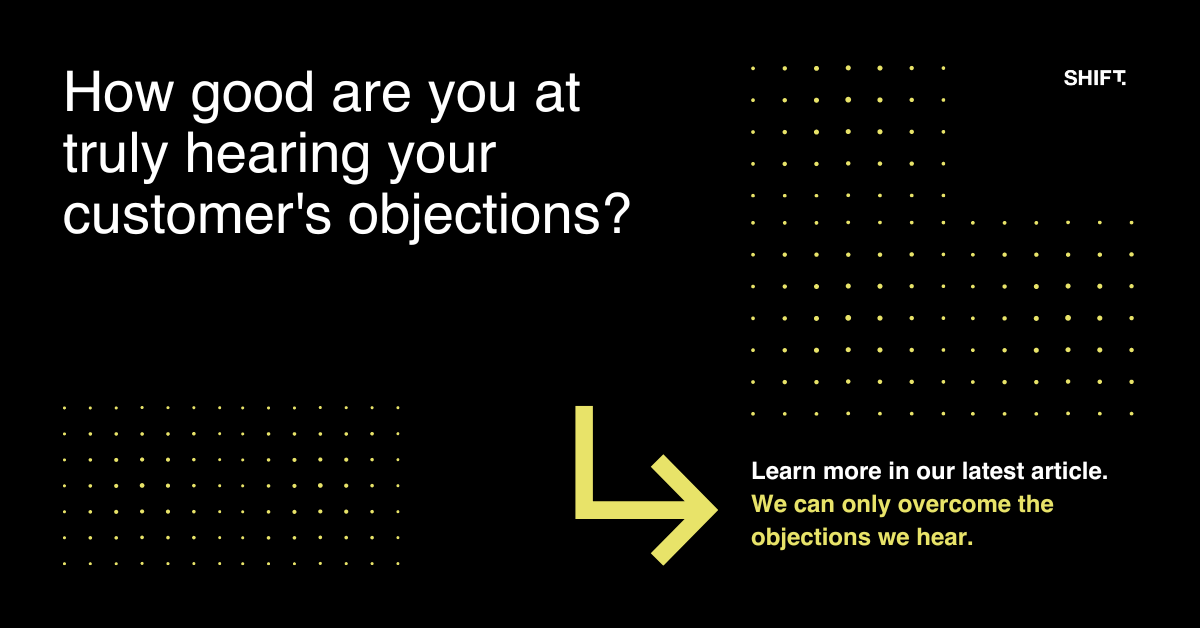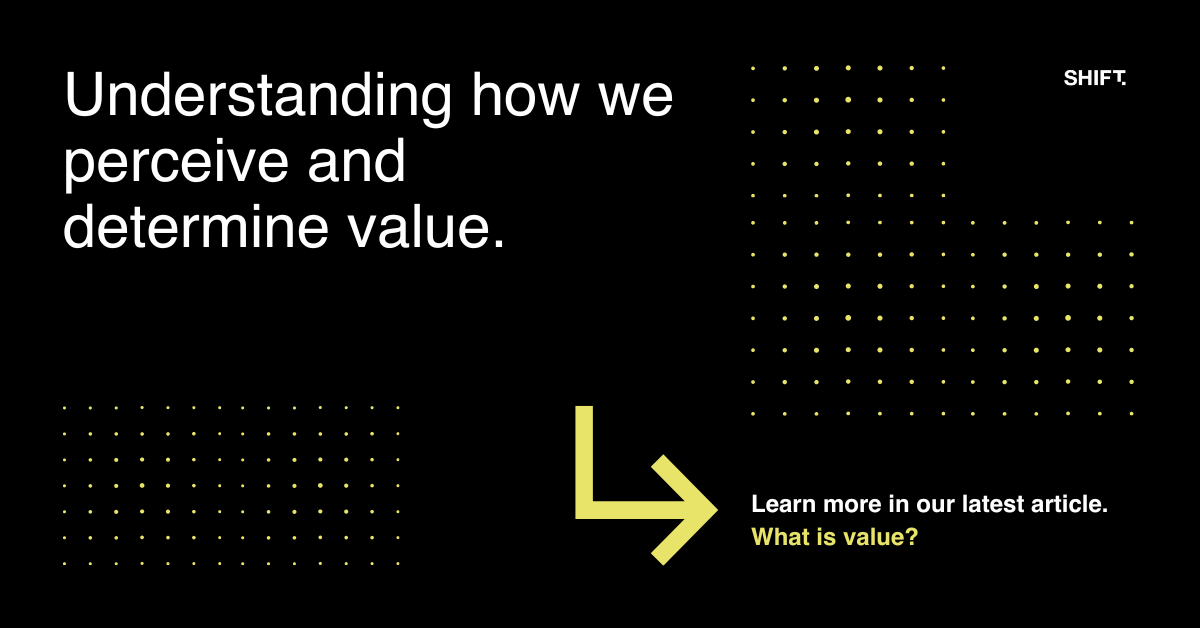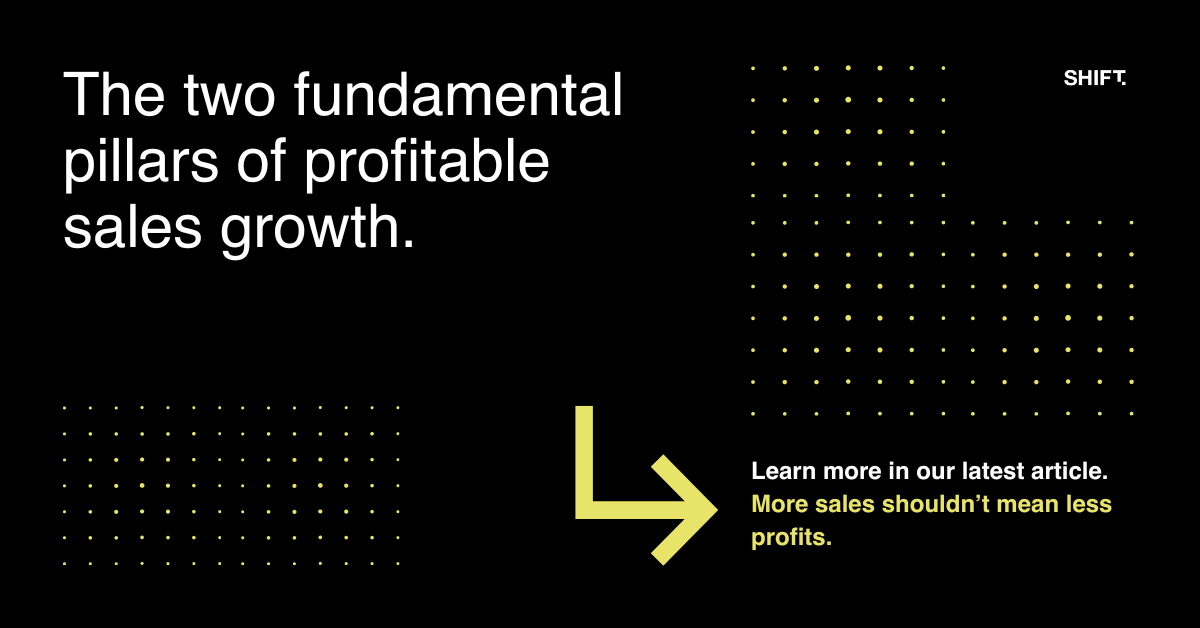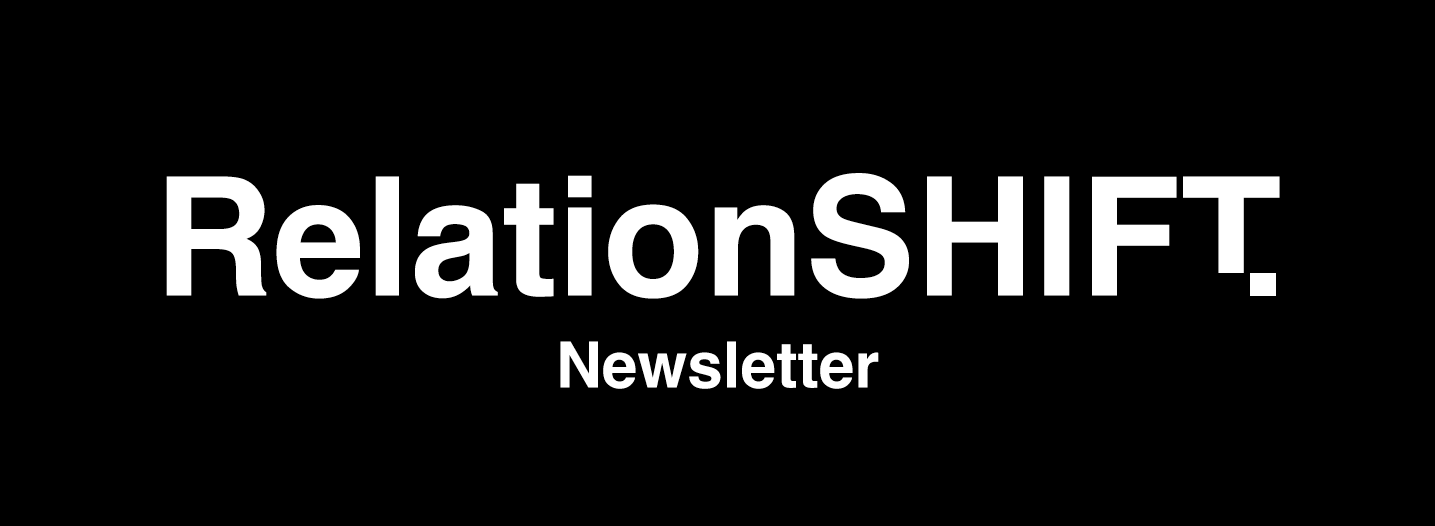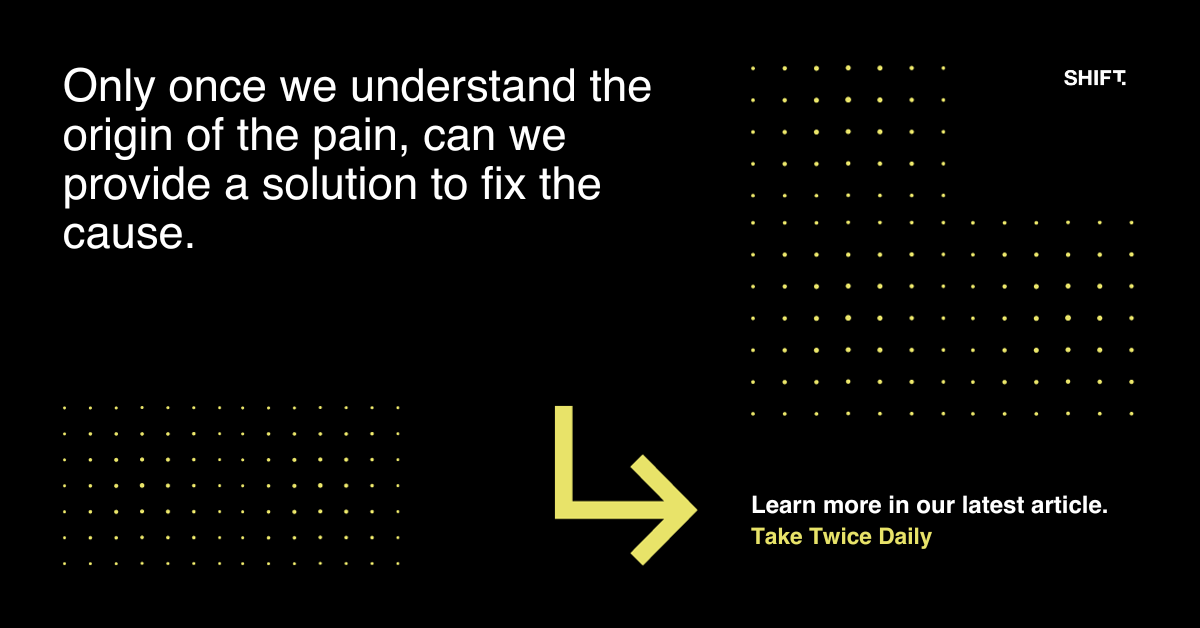An entrepreneurial client of mine told me about a company in the UK he corresponds with who manufacture a product sold on Amazon. They are also making a version of this product as an OEM manufacturer for an international brand.
Amazon, who actively search for businesses that are growing in sales - with consistently high-ratings - went on to make contact with this business to look at how they can increase the businesses reach online, and in-turn, sales. After a discussion with the owner about how, together, they could increase sales and create a win/win/win, they offered this business £100k as an unconditional, no interest loan to invest in manufacturing to cope with increased demand. The idea proved to be a winner. So much so, Amazon contacted the owner again, to look at investing further interest-free, unconditional funds to be able to sell the products on a global scale.
Your first thought might be ‘man, that's unheard of’, or, ‘well, of course, Amazon has plenty of spare cash’. However, it’s worth shifting our spotlight here and looking at this from a different perspective.
It's easy to talk about Amazon and world domination and get nervous about how we can’t compete with a behemoth that loans money, unconditionally, with no strings attached. This sort of thinking will inevitably put us out of business.
What Amazon has done is taken the principles of Co-Creation and applied this in a way that creates a real win/win/win outcome.
The manufacturer wins because they have the funds to invest in manufacturing more product with a vehicle - Amazon.com - to grow their market. Amazon wins because the more successful, quality manufacturers and products they have on their site, the more consumers will then shop online. The consumer wins because they are getting the products they want, conveniently online, hassle and problem free, which grows their trust in using Amazon in the future.
This is a circle of trust partnership, tapping into one of the most amazing things one human can do for another.
Giving something without asking for anything in return.
If we take the more traditional international brand/OEM business arrangement, this will be based on ‘Quid Pro Quo’ thinking – I am manufacturing these for you so, therefore, you have to commit to ‘X’ amount of sales per month. The OEM response is - well if we have to commit to ‘X’ amount of sales per month, then you need to drop your prices and ship to us when and where we need it. This is a compromise, and a compromise is a lose/lose strategy, in turn, the end customer will suffer as well.
So, don’t think you necessarily have to give money to your customers or suppliers to co-create. This is only one of many ways to co-create.
The economic meaning of co-creation is:
“A management initiative, or form of economic strategy, that brings different parties together (for instance, a company and a group of customers), in order to jointly produce a mutually valued outcome”.
What can you co-create with your customers, which turns into a win/win/win outcome? The answer to this will come once you really know your customers. Amazon did the one thing that businesses find hard to make happen – gaining further funding for anticipated growth in the future and the associated risks…and made it easy without asking for anything in return.
What are the things stopping or hampering your customers from making their decisions, growing their business, being successful in their markets or just feeling great about the purchases they make? How can you then help them without expecting anything in return?
